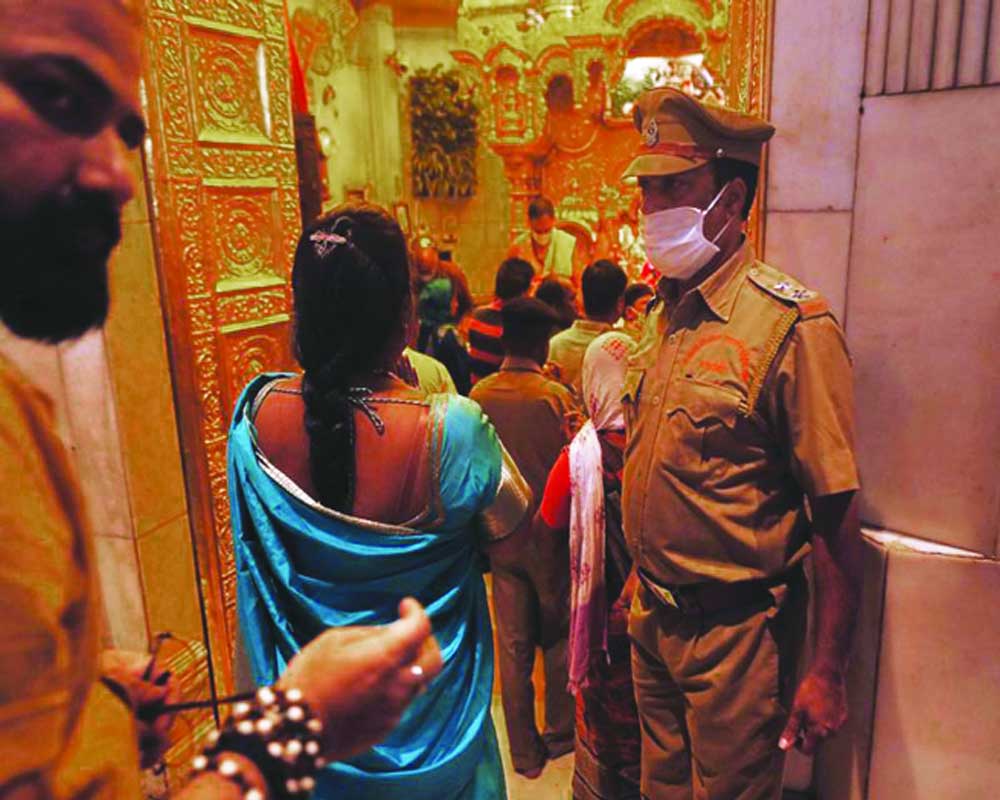The spread of COVID-19 among Shia devotees in Iran should give all religious bodies food for thought
COVID-19, a global pandemic triggered by a virus that emerged in China late last year, has had several fascinating story threads. First in list is the Wuhan-based ophthalmologist Li Wenliang, who tried to alert the Chinese authorities about the spread of the disease before it became a critical issue but was instead censured, although in death, he has become a national hero. Then there is the story of the “31st case” in South Korea, about a woman member of a cult who became a “super spreader” and was linked to almost 80 per cent of the 8,000 plus cases registered in that country. Thankfully, strict action and information transmission by authorities managed to slow down the spread and contain fatalities, too. In Iran, however, inaction on the part of the authorities in closing major sites of Shia worship has led to a national catastrophe. Coronavirus cases have exceeded 17,000 and over 1,700 deaths have been reported officially. A large number of the 255 Indians diagnosed with the virus are believed to be Shia pilgrims, many of whom had visited Qom. Opposition to closing religious sites by both religious authorities and politicians has clearly led to this crisis. Fanatical devotees have not made things easier.
India should learn lessons from both Iran and South Korea as well as the Vatican, which has even cancelled Easter festivities this year. The Maharashtra Government has taken a positive step by closing the Shri Siddhi Vinayak temple in central Mumbai. Other State Governments must follow suit. Major temples, masjids, gurudwaras, churches and other religious sites must be shut down. On this front, the Government has to be completely secular. Major religious celebrations must be curtailed, if not postponed, such as the Uttar Pradesh Government’s plans of a big Ram Navami celebration, the first one since the Supreme Court paved the way for the construction of a new temple in Ayodhya. In Tirupati, even though the authorities wanted to restrict the entry of devotees, more have thronged. This highlights the fact that in times of crisis, people turn to their gods. But devotees must be made to understand that their god is not running away. Like global civil aviation, religion, too, is a major vector for the spread of this disease. If “flattening the curve”, as authorities desire, is to be achieved, then organised religion has to be curtailed this time. Not everybody will agree but faith is in the mind and not prostrating oneself at a holy site. The latter can wait awhile.
(Courtesy: The Pioneer)








 OpinionExpress.In
OpinionExpress.In















Comments (0)